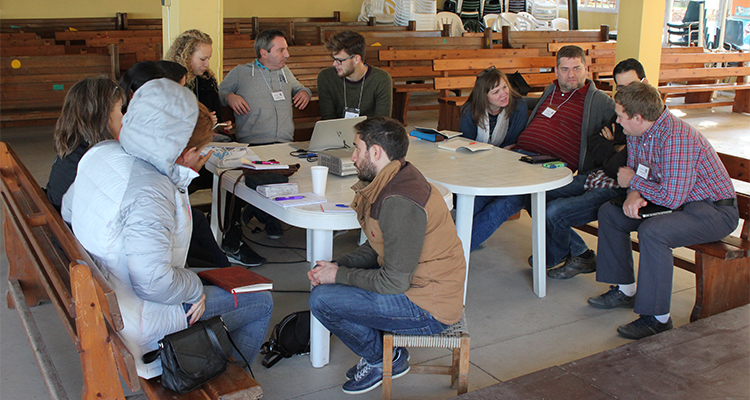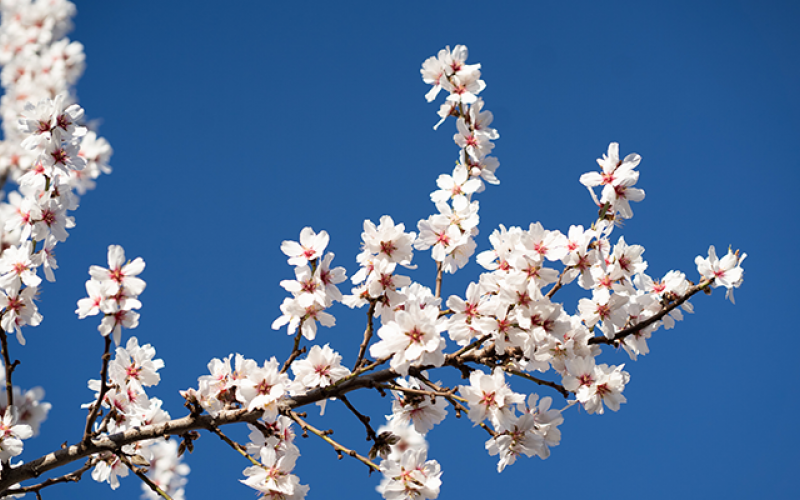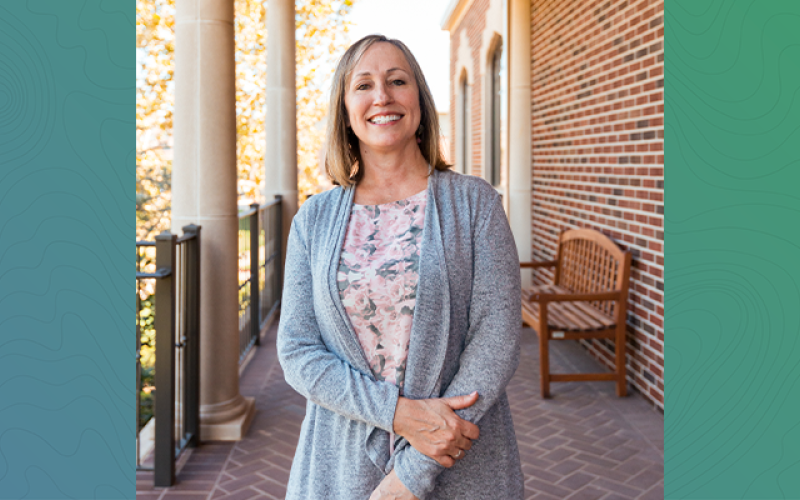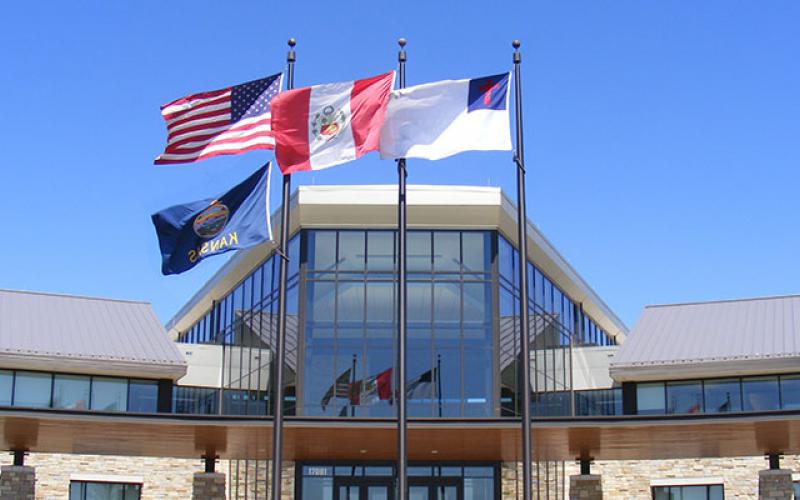
Co-Creating Canaan: The blessing and gift of welcoming the stranger

In his workshop “Co-Creating Canaan: The Blessing and Gift of Welcoming the Stranger,” Rev. Ian Wills of Parkhead Church of the Nazarene in Glasgow, Scotland, introduced and illustrated his congregation's co-creating approach on their local ministry with refugees and asylum seekers. The workshop took place during a three-day conference in early November 2016 that focused on refugee ministry across the Eurasia Region.
The idea of co-creating Canaan is based on the understanding that refugees and asylum seekers do not just have needs but also skills and assets. Ministry with and for these people can only be successful and dignifying if their ideas and capacity are given the same value as ours – if ministries are co-created. “Canaan” in this context refers to “the place of a new start and the hope of a prosperous future,” explained Wills.
“Even though for many home would be better and they may not have chosen this as their ‘Promised Land,’ we will work alongside to make it a good alternative to the future they were building at home,” Wills said.
The approach developed out of an important lesson learned for the Parkhead church, whose first attempts at starting a refugee ministry failed because they had not sought direction from the refugee and asylum seekers’ community. Finally, with that community’s input, the church, led by Pastor Dave White, established a successful project based on a community development model and focusing on communication, trust, and advocacy.
When asylum seekers arrive in new countries, often after having lived through months of life-threatening journeys and dehumanizing processes, they face a lot of uncertainty about their status and suspicion from society, besides the regular challenges of getting adjusted to a new culture. The negative effects of these experiences can be mitigated if the church realizes that these new neighbours have a lot to offer – and the “willingness and motivation to contribute and be involved,” as Wills pointed out. Thus it should be the church’s first priority to “partner with the refugees themselves” in project design, implementation, and evaluation.
In practical terms, this partnership might involve co-operative cooking – this is especially significant as, in many of the refugees’ cultures, offering hospitality is a highly valued means of showing respect. Engaging in co-creating may also include accompanying refugees to public authorities in order to live through their experiences, or attending language classes with them.
The co-creating approach is all about relationships and dignity, but also about humility and ownership.
“It re-humanizes,” Wills emphasized in his workshop. “It gives value and voice to opinions and concerns, to real needs and real hopes and dreams. It also introduces perspectives and ideas we wouldn’t have on our own, and challenges our assumptions, perspectives, and prejudices.”
Naturally, this will also have an impact on the local church and community. When the church opens itself to new language, ideas and ways of doing things, hearing refugee’s stories and “sharing humanity,” this will shape and “sharpen” the church and influence perspectives in the community. As together the church and refugees co-create Canaan, the church is also building its own future.
“God moves at the speed of love,” Wills said. “We're in it for the long term – and it's about fruit that will last.”



